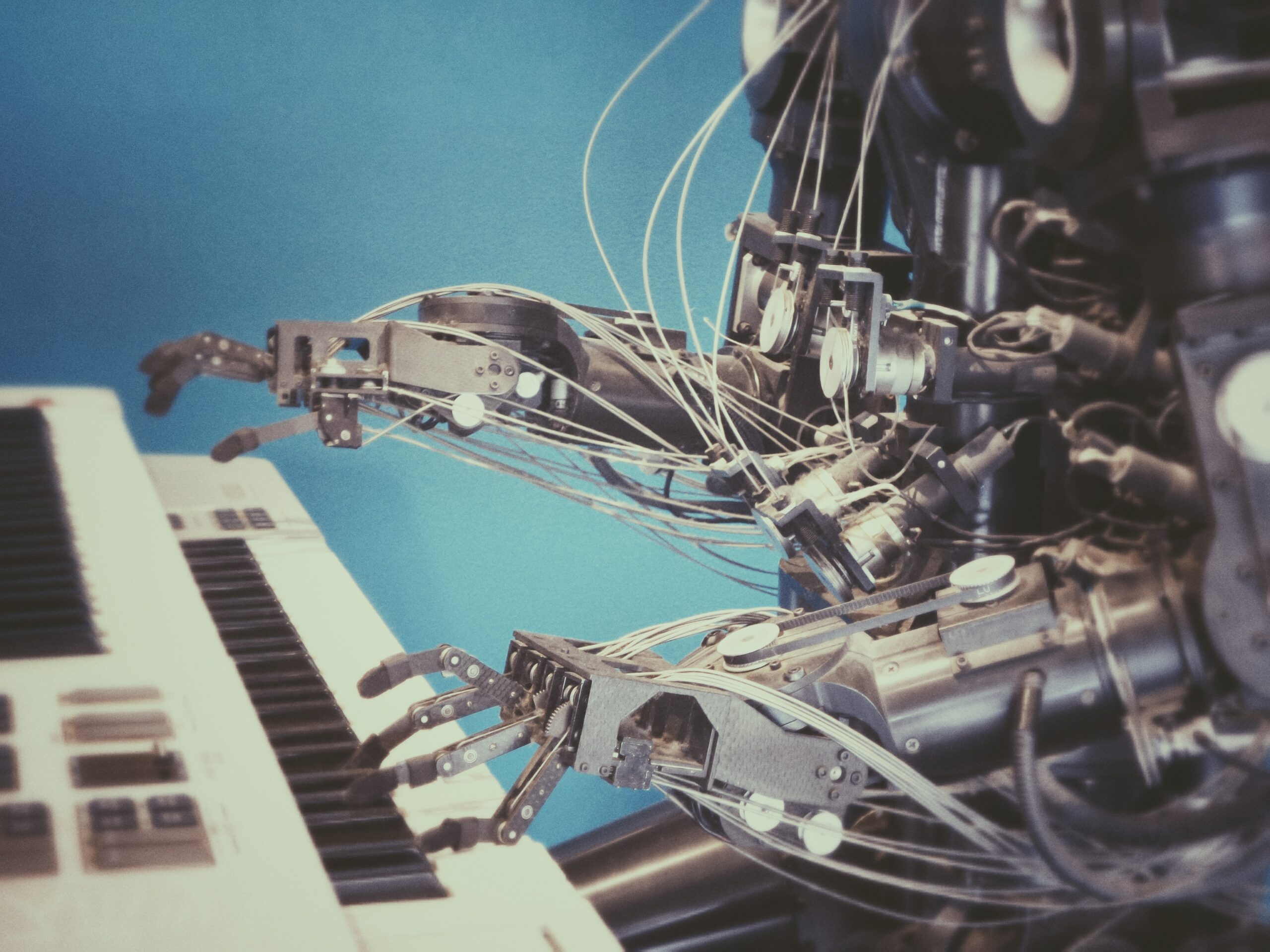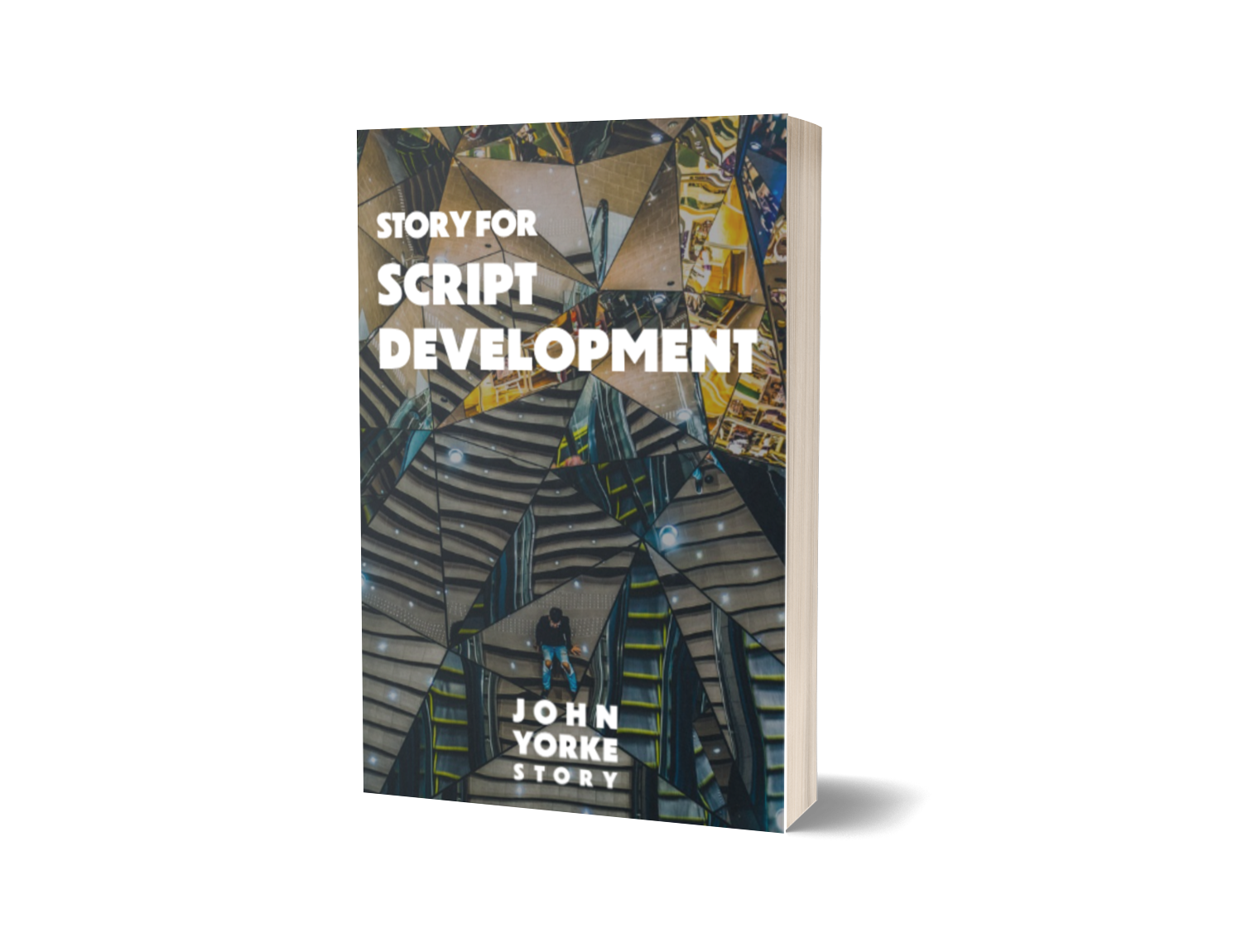ChatGPT, a large language model trained by OpenAI, has the potential to revolutionise the field of screenwriting. With its ability to generate human-like text, ChatGPT can assist screenwriters in a number of ways, from generating initial ideas and plot outlines to fine-tuning dialogue and character development.
One of the most significant ways in which ChatGPT is likely to impact screenwriting is by assisting with the initial stages of the writing process. As any screenwriter knows, coming up with a compelling story idea can be one of the most challenging aspects of the job. ChatGPT, however, can be trained on large datasets of existing films and television shows, allowing it to generate a vast array of potential story ideas and plot outlines. This can help screenwriters to overcome writer’s block and generate new and exciting concepts for their scripts.
Additionally, ChatGPT can assist with the development of characters and dialogue. By analysing existing scripts and identifying common patterns and structures, ChatGPT can suggest dialogue that is in keeping with the tone and style of a particular project. It can also help screenwriters to develop more fully-realised characters by generating detailed character biographies and backstories.
Another significant advantage of ChatGPT is that is can assist with the creation of more inclusive and diverse content. By analysing large datasets of existing scripts, ChatGPT can identify patterns of underrepresentation and suggest ways to improve diversity and representation in screenwriting. This is particularly important in an industry that has been historically been criticised for its lack of diversity and representation.
Of course, there are also potential drawbacks to using ChatGPT in screenwriting. One concern is that relying too heavily on AI-generated content may lead to a homogenisation of film and television content, with scripts all following similar patterns and structures. Additionally, there is a risk that AI-generated content may lack the emotional depth and nuance of human-generated content, leading to less impactful and resonant stories.
Despite these concerns, however, the potential benefits of ChatGPT in screenwriting are significant. By assisting with the initial stages of the writing process, developing characters and dialogue, and promoting diversity and representation, ChatGPT can help screenwriters to create more compelling and impactful content. As the technology continues to evolve, it is likely that ChatGPT will become an increasingly valuable tool for screenwriters in the years to come.
ALL THE ABOVE WAS WRITTEN BY CHATGPT.
It’s not bad, right? But it’s also not outstanding. It’s not funny. It’s not written in an original and/or individual voice. And, as it acknowledges itself, it’s lacking any nuance. But I agree with it that it is already a useful tool for writers. Personally, I think it’s going to help enormously to eradicate writer’s block and ‘blank page syndrome’. And that is where we, as creatives, need to get creative with this amazing tool.
So, you have an idea for a film or TV series. ChatGPT can help you explore it. By feeding it the very basic seeds of your idea it can throw out a number of possible loglines or story outlines that might bring up certain directions or thoughts you might have not come up with yourself. But it still needs you to come up with that amazing idea first.
ChatGPT can come up with random ideas but, currently, they are very basic and relatively predictable (although it’s always mind-blowing when you first ask it to do this!). You need to have something to feed into the AI if you want to get the best out of it. Use your own personal human experience to come up with those nuggets of gold and then brainstorm those nuggets with ChatGPT. Yes! Brainstorm. As relatively solo creatives we don’t often get the chance to bounce ideas off somebody else. ChatGPT can be that somebody else.
And here’s a thing. ChatGPT always thinks about THEME which is something I know can get a little bit lost in our processes. It can also give you different versions of your idea depending on the tone or style. If you wanted to find out how David Lynch might write your idea or Michael Bay, you can ask it. If you wanted to see what a tragic ending might look like you can feed that into it too. What if your idea was a comedy or a horror? ChatGPT will show you what that looks like. The things it can do are limited only by your imagination. It’s about the questions you ask it. The prompts you give it. The ideas you feed into it. And that’s all on you. The human being.
It is a very clever tool. It can give you some basic beats based on John Yorke’s five-act structure, or you can test your existing beats against the theories of the masters. It’s right, it can help with character development and improving diversity by analysing your scripts or outlines and making suggestions. You get to choose which suggestions you ignore or take on board – just the same as with anyone who gives you notes.
At the moment, it’s very good at giving you beats and loglines that are simplistic and follow the traditional Hollywood happy ending. It takes practise to get it to do something quirky or unique. That’s where you come in. It’s all about you and your voice / vision.
As a teacher who gets sent many ideas and pitches from students ranging from Gen Z to Boomers, I can tell when I’ve read something generated entirely by ChatGPT. It does have its own voice and it’s nowhere near as interesting or complicated as the voices of human writers. And nobody wants to buy those ideas, trust me.
Keep doing what you do but consider using ChatGPT and / or other AI tools – there are many AI tools that are incredibly useful for making pitch decks for example – to help you, not replace you. It’s not Skynet. It’s not going to take your job. We are always going to want and need human stories.
As ChatGPT itself said when I asked it if it was going to take over the world – “I do not have any goals or desires of my own. My purpose is to aid and support humans in their tasks and activities and to continually learn and improve through interactions with users”. It’s here to stay. Use it wisely and don’t have nightmares about a machine-led apocalypse.





